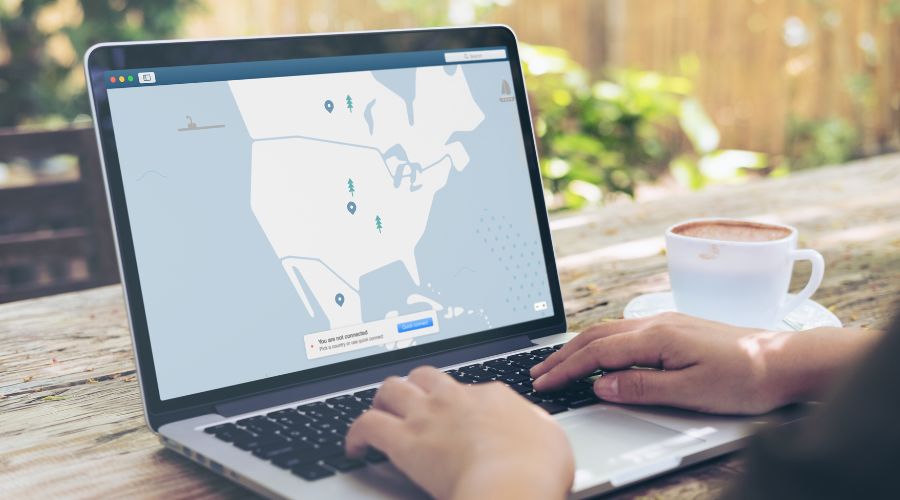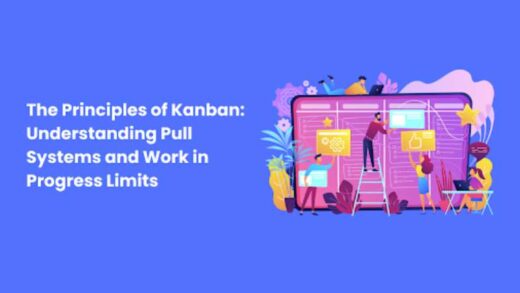What Is A VPN and How Does It Work? Exploring The Benefits of Free VPNs
In our increasingly digital world, protecting one’s privacy and security is becoming more and more important. Thankfully, there are a variety of tools available to help us do just that – namely, virtual private networks (or VPNs). But what is a vpn exactly? And how can it benefit you? Read on to find out!
Introduction to Virtual Private Networks (VPNs)
A VPN, or Virtual Private Network, is a private network that encrypts and tunnels Internet traffic through public servers in order to mask the user’s IP address. A VPN can be used for a variety of purposes, such as accessing region-restricted websites, hiding your browsing activity from your ISP, or even making it appear as if you are located in another country.
There are many free VPN services available, but not all of them are created equal. In this article, we’ll take a look at the different types of free VPNs and their benefits and drawbacks.
First, let’s explore how a VPN works. When you connect to a VPN server, your traffic is encrypted and routed through that server before it reaches its destination. This means that your ISP cannot see what you are doing online, nor can any government agencies or hackers who might be snooping on your traffic. Additionally, your IP address will be masked by the IP address of the VPN server, making it difficult for anyone to track your online activity back to you.
Now that we know how a VPN works, let’s take a look at some of the benefits of using a free VPN service.
One of the biggest benefits of using a free vpn is that it can help you bypass geo-restrictions. If you live in a country where certain websites are blocked (such as China), you can use a free VPN to access those websites.
How Does a VPN Work?
When you connect to the internet, you’re assigned an IP address. This is a unique number that identifies your device and location. However, with a VPN, your traffic is instead routed through a server in another location. This process masks your real IP address and makes it appear as though you’re accessing the internet from that server’s location. That way, your online activity can’t be traced back to you. In addition, all of your data is encrypted as it passes through the VPN server. This means that anyone trying to snoop on your traffic will only see gibberish.
Exploring the Benefits of Free VPNs
A VPN, or Virtual Private Network, is a tool that helps to protect your online privacy. A VPN creates a private, secure connection between your device and the internet, encrypting your data and hiding your IP address. This means that your internet activity cannot be tracked or monitored by your ISP, government, or any other third party.
There are many benefits to using a VPN, including increased security and privacy, access to blocked content, and more. However, not all VPNs are created equal. Some VPNs are more reliable and secure than others, and some come with features that others don’t.
One of the best things about VPNs is that they’re available for free. There are many free VPNs on the market, and they can be just as good as paid VPNs. In fact, some free VPNs are even better than paid ones!
Here are some of the best free VPNs:
Windscribe is a great option if you’re looking for a reliable and secure free VPN. It offers 10GB of data per month, which is more than enough for most people. It also has strong security features, including AES-256 encryption and a strict no-logs policy.
Hotspot Shield is another great free VPN option. It’s very user-friendly and offers 500MB of data per day (up to 15GB per month). Hotspot Shield is also one of the
Security and Privacy While Using Free VPNs
When it comes to security and privacy, there are some big concerns that come along with using free VPNs. While it is true that a VPN can help to protect your online activity and keep your personal information safe, there are some serious risks associated with using free VPN services.
One of the biggest concerns is that free VPNs often lack the same level of security and privacy protection as paid VPNs. This means that your data could be at risk if you use a free VPN service. Additionally, free VPNs have been known to sell user data to third-party companies, which could put your privacy at even further risk.
Another concern is that free VPNs often have slower speeds than paid VPNs, which can impact your online experience. Additionally, free VPNs often have data limits, which can limit how much you’re able to browse the web or stream video content.
If you’re looking for a secure and private way to browse the web or stream video content, we recommend choosing a paid VPN service over a free one. However, if you’re simply looking for a way to unblock websites or bypass geo-restrictions, a free VPN may be a good option for you. Just be sure to do your research before choosing a free VPN service so that you can make an informed decision about whether or not it’s right for you.
Different Types of Free VPNs
There are a few different types of free VPNs out there. Here’s a quick overview of the most popular ones:
- Browser-Based VPNs
These are the simplest type of free VPNs to use. All you need to do is download and install a browser extension, and you’re good to go. These are great for quickly encrypting your web traffic and protecting your privacy while browsing, but they won’t provide much in the way of security or privacy if you want to use other apps or services.
- Desktop VPNs
These are more full-featured than browser-based VPNs, but they still have their limitations. Most free desktop VPNs will only work with a single app or service (usually your web browser), and they often have data limits as well. But if you just need a quick and easy way to encrypt your web traffic, they can be helpful.
- Mobile VPNs
Mobile VPNs are similar to desktop VPNs, but they’re designed specifically for use on mobile devices like phones and tablets. These usually have more features than browser-based or desktop VPNs, but they can still be limited in terms of what apps and services they work with. And like all other types of free VPNs, they may come with data limits as well.
Setting Up Your Free VPN
If you’re looking for a free VPN, there are a few things to keep in mind. First, make sure that the provider doesn’t log your data or sell it to third parties. Second, check to see if the provider offers a money-back guarantee so that you can try out the service risk-free. Third, look for a provider with robust security features and a user-friendly interface.
Once you’ve found a free VPN that meets your needs, setting it up is easy. Just download the app from the provider’s website and follow the instructions. Once you’re connected, you’ll be able to browse the internet privately and securely.
Potential Downsides to Free VPNs
There are several potential downsides to free VPNs. First, many free VPNs are supported by advertising, which means that your data may be collected and sold to third parties. Additionally, some free VPNs have been found to contain malware or spyware, which could jeopardize your security. Finally, free VPNs often have slower speeds and fewer features than paid VPNs.
Conclusion
A VPN is an incredibly useful tool that can help you protect your data, access restricted content from around the world, and even save money on streaming services. Free VPNs are a great option for those who want to take advantage of these benefits without spending any money. However, it’s important to keep in mind that free VPNs often lack advanced features and may not be as secure as paid options. Ultimately, choosing the right VPN for your needs is a personal decision based on budget and security requirements.




